Understanding Social Fluency in Hearing Healthcare: Enhancing Connections
Introduction
In the world of hearing healthcare, the importance of social fluency often goes unnoticed. Yet, our inherent need for social connections suggests that fostering this fluency can significantly enhance how patients perceive the link between hearing well and maintaining vibrant social interactions.
The Human Need for Connection
Picture a couple walking through their neighborhood, surrounded by the fiery colors of fall, yet struggling to connect due to hearing challenges:
“The colors of the leaves have such beautiful hues.”
“Who is Hugh? I don’t think I’ve met him. I did get a chance to catch up with Paul though. He’s going on a cruise next summer.”
“Look up, look at the leaves. The seasons are changing and the trees are absolutely beautiful.”
“Yes, it is a beautiful day, darling.”
This scene captures the essence of conversations disrupted by hearing loss, leading to misunderstandings and social withdrawal—a far too common outcome for many experiencing hearing impairment.
Social Connection: Essential to Our Well-being
Human connections are more than just enjoyable—they're essential. At the third level of Maslow’s hierarchy, 'Love and Belonging' sits prominently, emphasizing the need for interpersonal relationships (see Figure 1). This tier underscores the significance of feeling connected and included, especially once our fundamental physiological and safety needs are met.
In the context of hearing healthcare, acknowledging this need can shift how we approach hearing loss, emphasizing the role of hearing aids in nurturing not just the ability to hear, but also to connect.
Maslow’s Hierarchy of Needs
Beyond Hearing: The Emotional Impact of Social Fluency
Hearing care extends beyond enabling speech understanding; it involves nurturing the ability to engage in and enjoy smooth, effective conversations. Social fluency in this context refers to the ease with which individuals can communicate in various social settings, empowering them to participate fully in life's moments.
The Significance of Conversational Fluency
Conversational fluency is crucial for confidence in social interactions. It allows individuals not just to hear but to respond appropriately, fostering relationships and enhancing quality of life. This facet of hearing care can drive decision-making, encouraging people to seek solutions that not only meet their functional needs but also enrich their social lives.
Integrating Emotional and Psychological Support
Despite its importance, psychosocial support is often lacking in audiology practices. However, addressing this can enhance both emotional well-being and physical health. Phonak, recognizing the need for holistic care, offers programs like ECHHO (Enhancing Cognitive Health through Hearing Optimization), which focus on integrating cognitive and emotional aspects into clinical practice.
Conclusion
Social fluency is a pivotal component of hearing healthcare. By focusing on the emotional and social implications of hearing loss, healthcare professionals can offer more comprehensive care that goes beyond the technical aspects of hearing aids. Phonak's commitment to training professionals in these areas ensures that patients receive care that not only improves hearing but also enhances their overall life quality.
Final Thoughts
Emphasizing social and conversational fluency can transform hearing healthcare from a purely medical approach to a more fulfilling, holistic practice. It's not just about hearing the words; it's about truly connecting with them.
References:
Martino, L., Pegg, J., and Frates, E. P. (2015). The connection prescription: Using the power of social interactions and the deep desire for connectedness to empower health and wellness. American Journal of Lifestyle Medicine, 11(6). 466-475. doi: 10.1177/1559827615608788.
McLeod, S. (24 Jan, 2024). Maslow’s Hierarchy of Needs. Simply Psychology. Retrieved from https://www.simplypsychology.org/maslow.html, accessed April, 2024.
Bowen, B. (2021). The Matrix of Needs: Reframing Maslow’s Hierarchy. Health, 13, 538-563. doi: 10.4236/health.2021.135041.
Bennett, R. J,. Barr, C., Cortis, A., Eikelboom, R. H., Ferguson, M., Gerace, D., Heffernan, E., Hickson, L., van Leeuwen, L., Montano, J., Preminger, J. E., Pronk, M., Saunders, G. H., Singh, G., Timmer, B. H. B., Weinstein, B., & Bellekom, S. (2020). Audiological approaches to address the psychosocial needs of adults with hearing loss: perceived benefit and likelihood of use. International Journal of Audiology, 60(sup2). 12-19. doi: 10.1080/14992027.2020.1839680.
Lerner, J. S., Li, Y., Valdesolo, P., & Kassam, K. S. (2015). Emotion and decision making. Annual Review of Psychology, 66, 799–823. https://doi.org/10.1146/annurev-psych-010213-115043
Timmer, B. H. B., Bennett, R. J., Montano, J., Hickson, L., Weinstein, B., Wild, J., Ferguson, M., Holman, J. A., LeBeau, V., & Dyre, L. (2023). Social-emotional well-being and adult hearing loss: clinical recommendations. International Journal of Audiology. 1-12. https://doi.org/10.1080/14992027.2023.2190864

